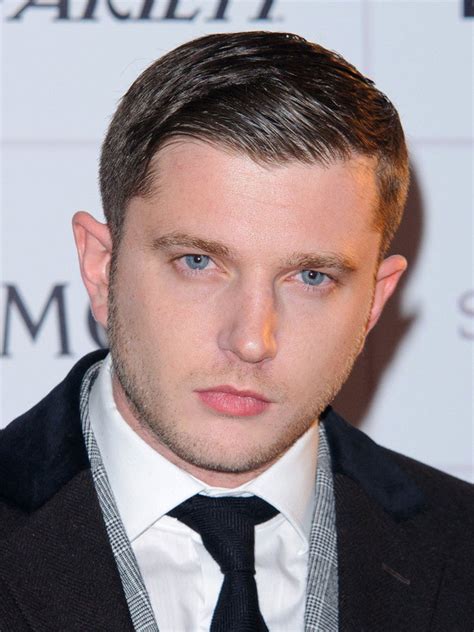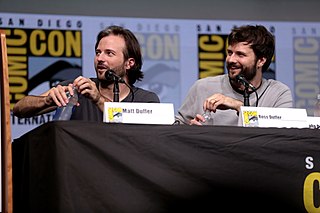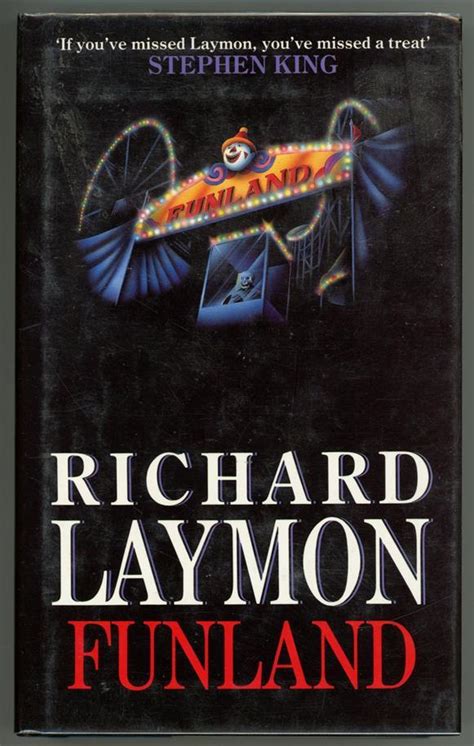A Quote by Christopher Nolan
I made 'Batman' the way I made every other film, and I've done it to my own satisfaction - because the film, truly, is exactly the way I wanted it to be.
Related Quotes
It was Tim Burton's 'Batman' in, what, '89, I think? What we could see was there was someone behind the curtain controlling all of this, and you could see it from one Tim Burton film to the next, that the guy who made 'Edward Scissorhands' also made 'Batman.' You could connect the dots because his style was so distinct.
In any film business, if you're trying to get your next film made, you would never say, 'Oh, my last film was a cult film.' I'd say, 'Oh, great, well I hope this one isn't!' I always say to Johnny Knoxville, 'How do you do it? You sort of do the same thing we did, except you made millions, and I made hundreds.'
Silence Of The Lambs? is a ?fantastic? film. It's a horror film, and it's an incredibly well-told film that is about point of view in such a unique way. The way that film is shot, the way the eyelines are so close, if not directly into camera, betrays an intimacy with the characters and the audience.
I don't know when the last time was that Steven Spielberg or George Lucas made a movie with Universal, but I can tell you that Universal is leading the charge. They're looking at film differently. They're planning ahead in a way that I've never seen a studio do before. They're believing in a relationship between fan and film franchise, in a new way. They're more receptive to an audience, in part because of social media, in a way we've never been allowed.
A few of my books, over the years, have been optioned for film. The subject matter of my books, however, is not exactly conducive to Hollywood film treatment. If and when a 'big-budget' film is ever made based on one of my books, my fans and I will more than likely loathe it because it won't be true to its source. That's almost a given.
Sometimes the theme of the film is something that comes down to the way you designed the film - that you're saying something about the world. And it's one of the things that I think animation can do, in a way that other forms of filmmaking can't do. Because every single thing you see has got to be designed and created.




































